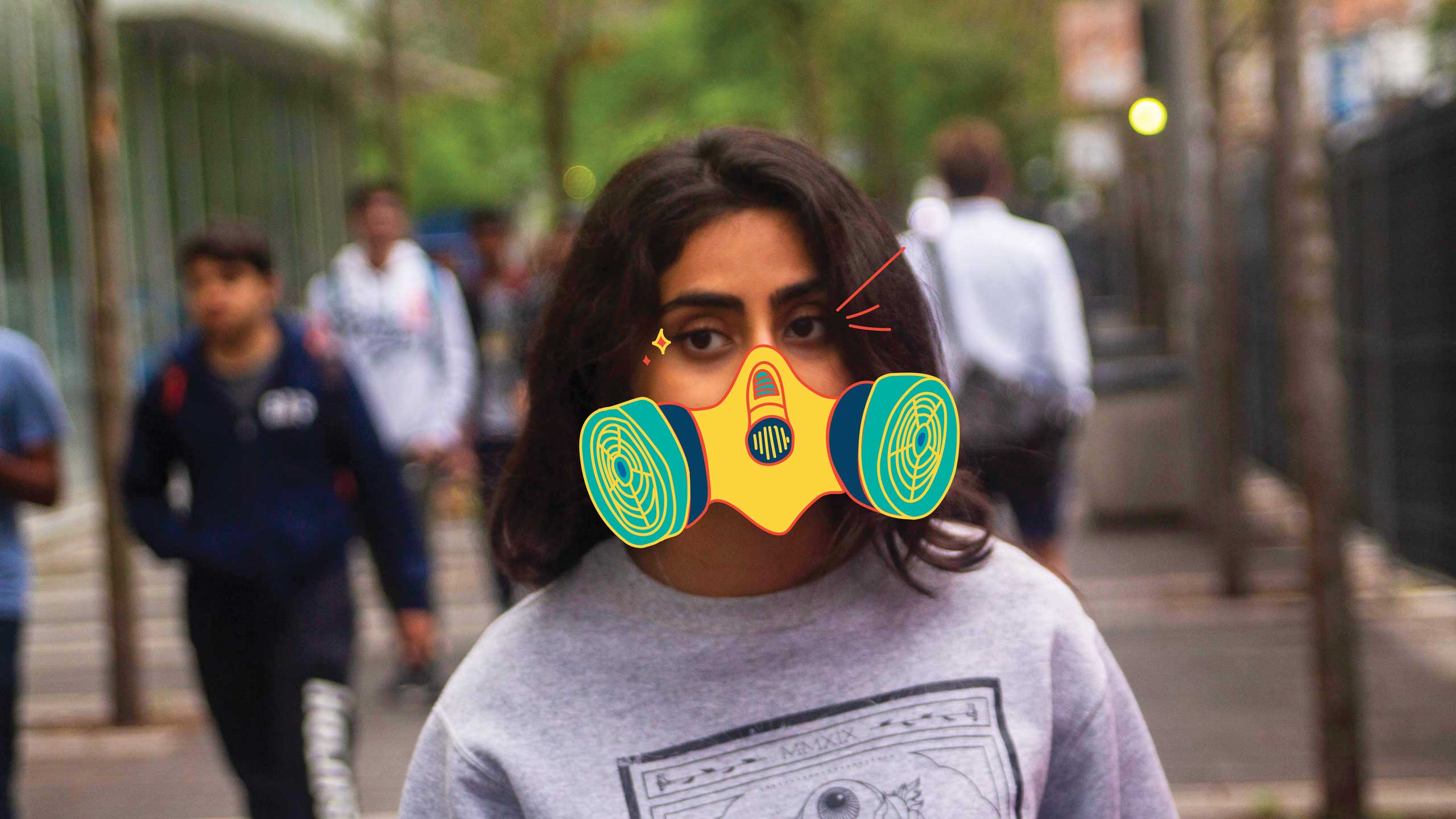By Sarah Krichel
Okay, so Ryerson isn’t killing you. But the area it’s in could be. The point is, who knew? The answer is, we did.
According to a recent Ryerson study, attending Ryerson could be shortening our life expectancies simply from being on campus. Researchers assessed the link between early death and the environment that surrounds us, our health and our socioeconomic statuses. The study also noted that neighbourhoods with lower income levels have increased levels of premature mortality.
I have to say it doesn’t totally surprise me, because I secretly knew it the whole time—and happily ignored it. Who cares about the 624 cigarettes I’ve unwillingly smoked just by being on campus when I have the cool city of Toronto to mitigate the darkness of my early death?
With the 11 years left to reverse climate change, the unethical burning of the Amazon forest and Hurricane Dorian uprooting thousands of lives, it’s about time we listen to the scientists in our communities who have been keeping us informed for years, while we ignored them.
If the cigarette thing scares you, I don’t suggest dropping your Ryerson degree mid-way through and going to no-where-land Trent University, for example. But what I do suggest is taking an active approach to understanding what’s going on in the world around you. Does everybody realize that you don’t have to repost every activist Instagram story you see? You can actually go into the real world and…do something?
You don’t have to become the next Greta Thunberg, but you can take advantage of all the information that any post-secondary institution has to offer. We have buildings filled with scientists, researchers and scholars who live to find out these truths for us. All that’s left is for us to listen and react appropriately.
I heard somebody say this phrase the other day: “It’s an important time to be a Ryerson student”—and I haven’t stopped thinking about it. But it’s not only about Ryerson anymore. The bubble around our campus has officially popped, and the only one left is the one around our planet.












Leave a Reply